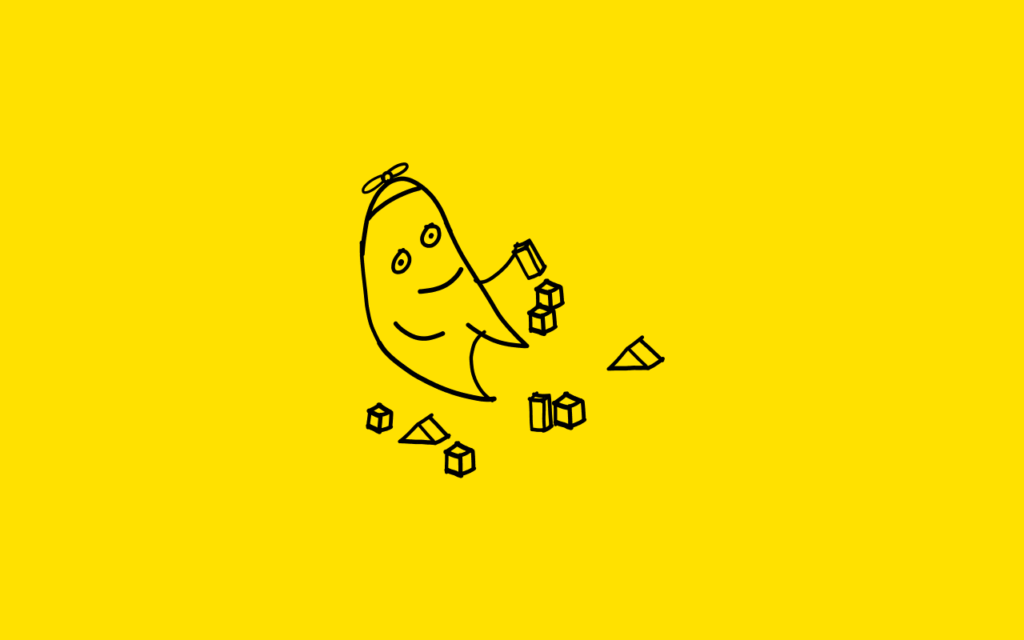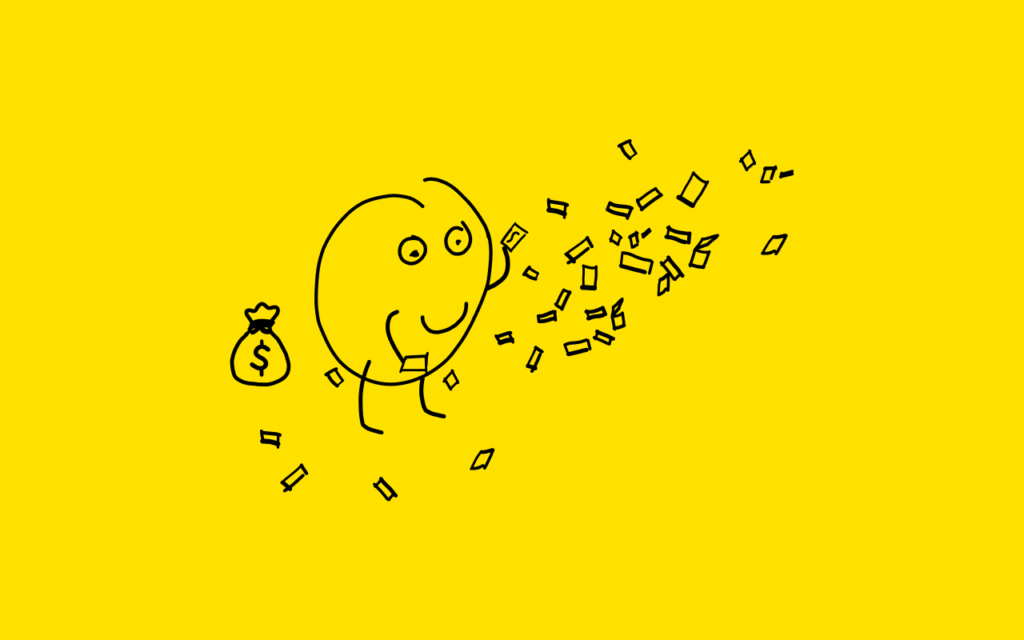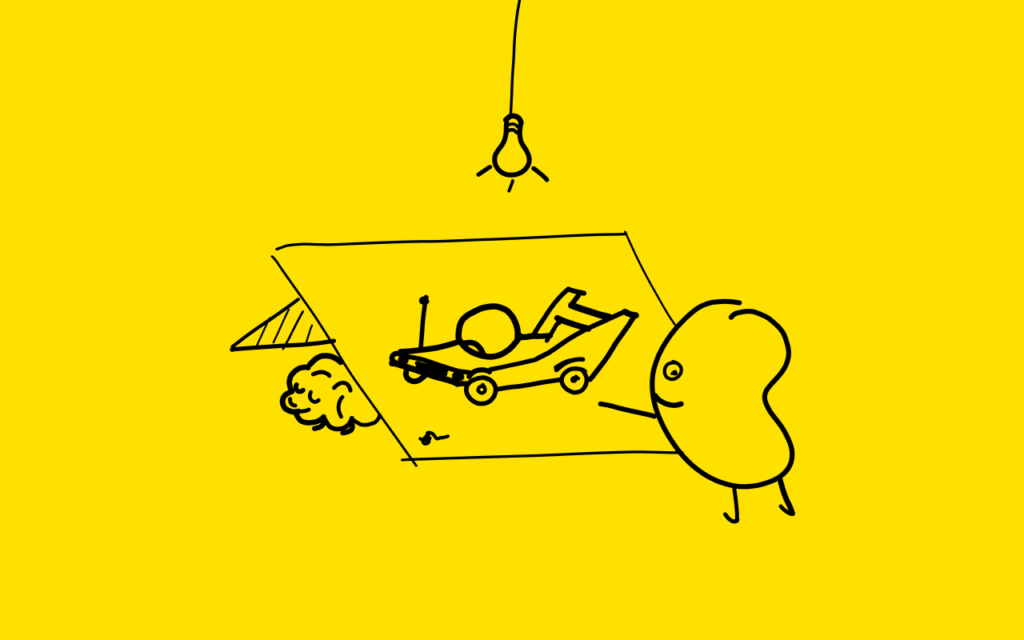Side projects are fun. You can freely experiment, try out novel stuff, learn new things you believed you’d never get and open doors for you. They can have monetary interests embedded into them, but they don’t need to and I think the best ones start without obligations of financial gains.

All in all, side projects are a fantastic tool to progress and gain traction in any field.
Yet, side projects show the same dark side as regular for-profit projects do:
- They get over budget
- Feature creep seeps in
- Technical debt racks up
- Perfectionism stops completion
Issues that sooner or later become the death of every little happiness delivering side project.
Another opportunity to learn and grow if you handle them better.
The four horsemen of projectocalypse?

I. The money pit – over budget
Yes, you should bootstrap your side projects as much as possible and keep costs down. What you absolutely can’t get away with is the opportunity cost of paying with your time. And you most definitely should attach a budget to every small side project, because otherwise you’d probably never finish them at all. You can’t progress. You can’t really learn. You can’t develop the most important skill of all – the skill of getting things done – with unlimited resources and without constraints.

II. The All-in-One – Feature creep
You drafted out a real narrow scope for the project. Awesome. Yet, under development and your own scrutiny you start to realize how little you planned at all. Forgot a use-case here, missed thinking about upcoming usability issues there and faster than you think your small side project ramps up to eleven. Even before you asked anyone for feedback, your worst critic already made a massive dent to your goals of finishing any time soon. Starting with 4 core features, the thing snowballed to about 40 that “have to be there” for it to feel modern.
Against all odds – right as you’re about to finally launch – you stumble upon another great tool, a website or an app and the process re-starts. Maybe you should postpone the launch and work on another feature.

III. The sand castle – Technical debt
A fresh start with all your newly acquired skills, what could go wrong here? Potentially everything, because you’re doomed from the start. Progressed and learned some new skills. Screwed! Know how to optimize it further? Damned! Draw inspiration from something else during development? Doubly so f***ed!!
You’re prone to feel the urge to re-build, re-organise and re-develop because you could do it so much better and cleaner now.
Your “new” skills from yesterday are prone to be tomorrow’s technical debt.

IV. The 100%er – Perfectionism
Maybe you’ve not yet fallen ill to the drug of perfectionism. Maybe you just don’t care enough and never will. Bless you. Somehow, I’m still certain it will hit you sooner or later if you’re even remotely proud of the work you’re delivering. You can and have to do it so much better. Deep inside, right next to your heart, you know it could be perfect. Or could it? In theory there is no limit to getting better. You either stop caring all together and stand still or you will ultimately get better at anything you do. Stand up just once more. Brush off. Do it again and you’re destined to improve.
“Better to finish 80% than to never complete 100%”
Someone, somewhere
Bonus round: Or take something else. That moment when a fun side project doesn’t push you any further mentally. The challenge is gone, it morphed into the regular grind and it’s just about getting reps in and finishing the job. The final touches, the pixel shoving or those moments when you just have to grind code down.
How to stop the horsemen in their tracks?
Get better at what you do. Give yourself more chances to win. Limit yourself and put up some constraints, reduce the scope and work on smaller things. Still, be honest and prepare to fail and get humbled.
Sure you can try and plan all you want – all for the possibility to probably never even start? Once you start your deep dive into what you’re trying to achieve you’re prone to hit one of these issues sooner or later.
Lastly, know when to stop. It’s ok to end a side project early. Throw it away. Deeply reflect on what you got out of it. If you’ve stuck long enough to it, you probably got more out of it than you initially thought. Write down what you achieved and don’t just gloss over it, give it some deep thoughts. I’m sure you got a long list in front of you. Good. Now appreciate it.
Reflection and the art of introspection can be a superpower if you use them right. Maybe your side project was all about that. You.
